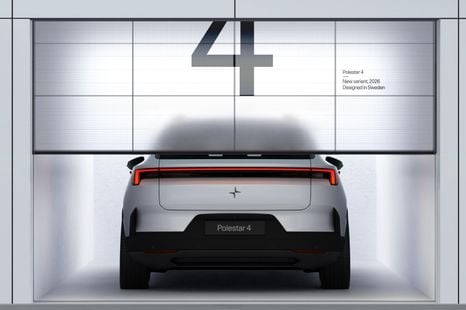

James Wong
Polestar 4 with rear windscreen confirmed for Australia
12 Minutes Ago

Journalist
New McLaren CEO Michael Leiters is keen to overcome the company’s resistance to joining the crossover fray.
In an interview with Autocar, Leiters pointed out: “I developed an SUV at Ferrari. I developed an SUV at Porsche, so I love SUVs.”
Leiters started at the British automaker on July 1.
While insisting McLaren won’t just develop a crossover because of his history and preferences, he firmly believes crossovers are a “really important market” and one that “continues to grow”, which makes it “very attractive”.
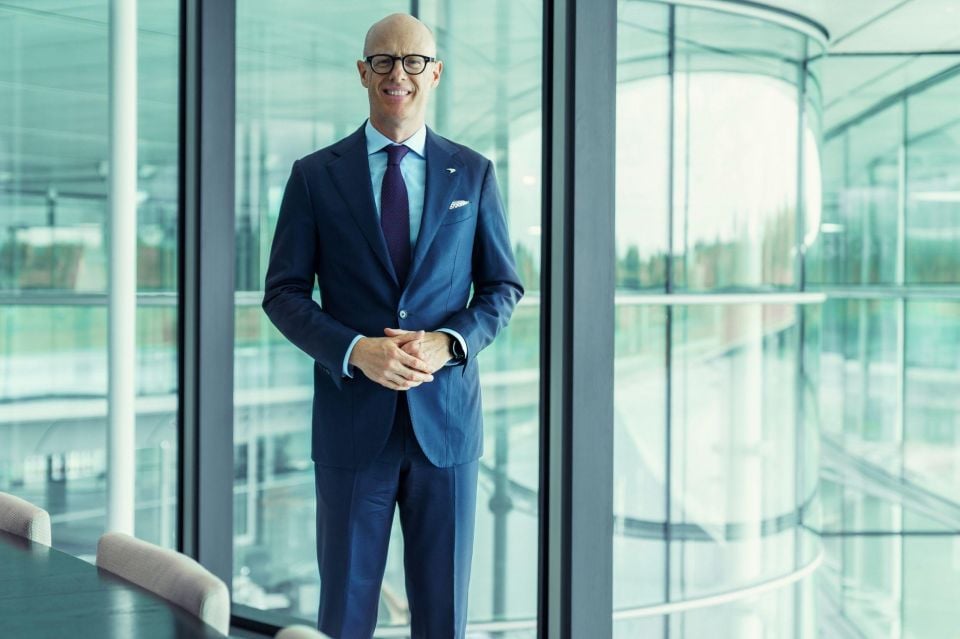
With plans still in the discussion stage, the new CEO says McLaren is open to other new types of models to grow its lineup instead of or in addition to a crossover.
Regardless of what form the move beyond mid-engine supercars takes, these new McLarens will more than likely be electric.
Not only are rule makers across Europe keen to prohibit the sales of new cars with internal combustion engines within by 2035, but an EV platform will also allow McLaren to more easily experiment with cars of different proportions and sizes.
Leiters confirmed McLaren is interested in working with a partner to help it diversify its model range, but finding the right company to work with is paramount.
“We have to maintain our DNA. I’m not interested in any partner which gives me only ‘me too’ technology,” Leiters told the British magazine.
According to Leiters, the ideal partner would provide both financial backing, as well as technological support. Earlier rumours suggested talks with both Audi and BMW, but the CEO says there’s no deal imminent.
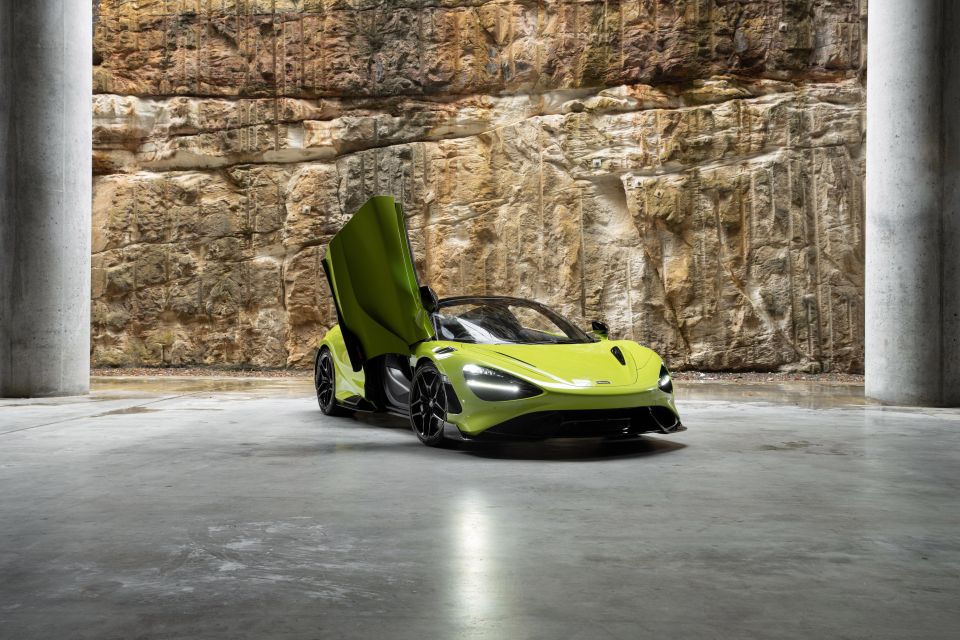
Leiters has a doctorate in engineering. Previous jobs include a role at the Fraunhofer research institute. In 2000 he joined Porsche, rising through the ranks to become project manager for the Cayenne range and later product line director.
He jumped over to Ferrari in 2014 to become its chief technology officer.
From a sales and financial perspective, it’s easy to see why Leiters is advocating for a crossover.
Porsche, one of Leiters’ previous employers, sold 301,900 vehicles last year. Around 56.8 per cent of these were crossovers (Macan and Cayenne), 23.7 per cent were sedans (Taycan and Panamera), and only 19.5 per cent were sports cars (911 and 718).
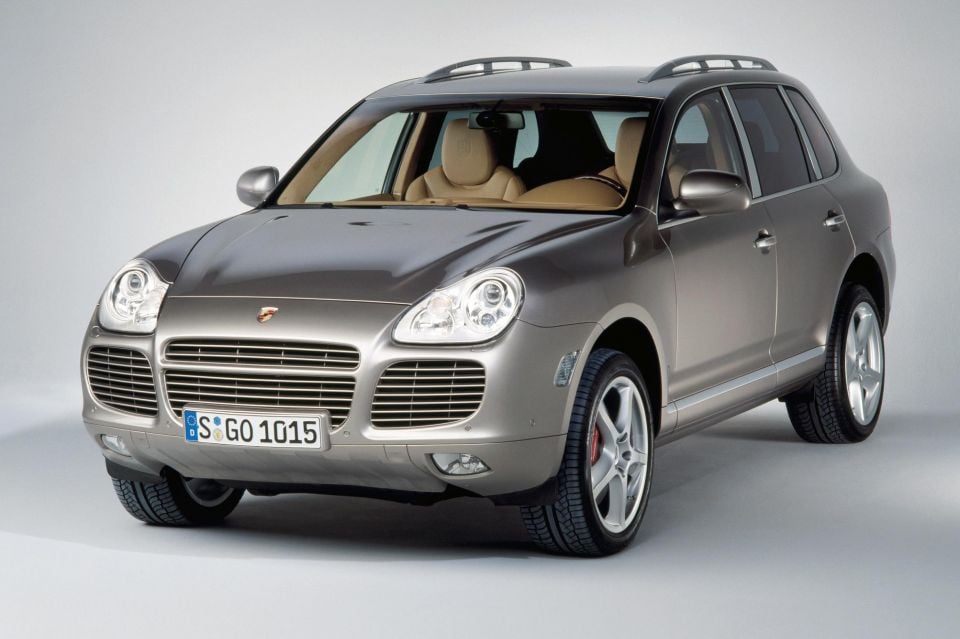
The introduction of the original Cayenne in 2002 was met with scorn in many corners, but its strong sales, high profit margins and shared underpinning with the Volkswagen Touareg ensured the brand’s survival.
Not only did it help fund new generations of the 911, Boxster and Cayman, but it boosted Porsche’s coffers to the point where it tried to purchase the Volkswagen Group.
In-house rival Lamborghini recorded 8303 sales in 2021. The Urus crossover accounted for 63.1 per cent of that number, with the Huracan constituting a further 29.3 per cent, and the Aventador making up the final 7.6 per cent.
Last year the DBX made up half of all Aston Martin sales, and that’s despite a slow ramp up to full production at the company’s new factory in Wales.
McLaren’s current range consists exclusively of mid-engine supercars powered by internal combustion engines.
Go deeper on the cars in our Showroom, compare your options, or see what a great deal looks like with help from our New Car Specialists.
Derek Fung would love to tell you about his multiple degrees, but he's too busy writing up some news right now. In his spare time Derek loves chasing automotive rabbits down the hole. Based in New York, New York, Derek loves to travel and is very much a window not an aisle person.


James Wong
12 Minutes Ago
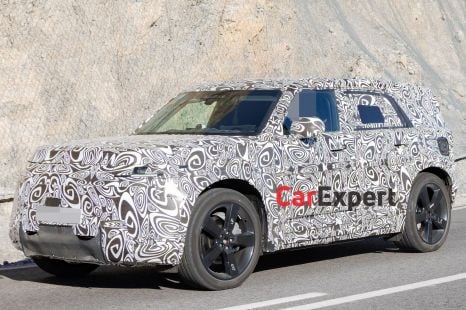

Marton Pettendy
2 Hours Ago
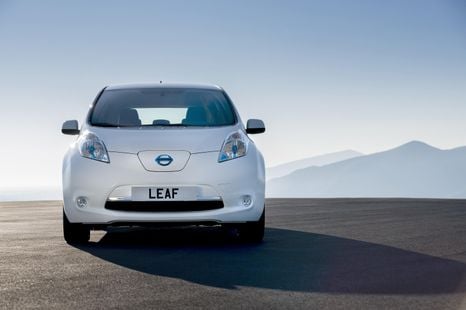

Derek Fung
3 Hours Ago
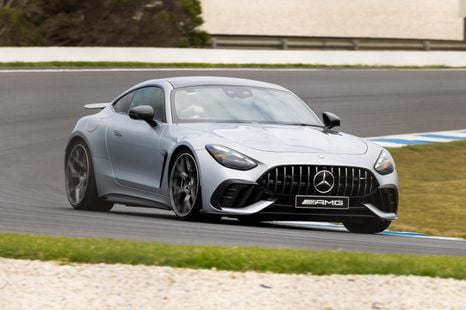

Damion Smy
9 Hours Ago
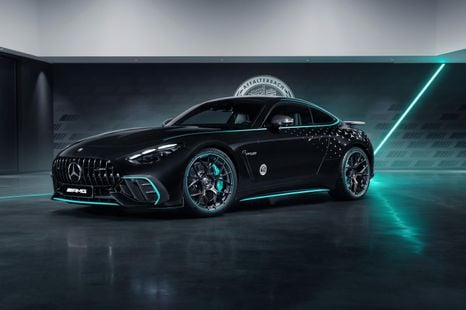

Damion Smy
9 Hours Ago
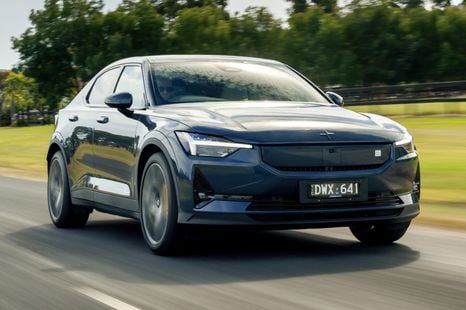

James Wong
16 Hours Ago
Add CarExpert as a Preferred Source on Google so your search results prioritise writing by actual experts, not AI.